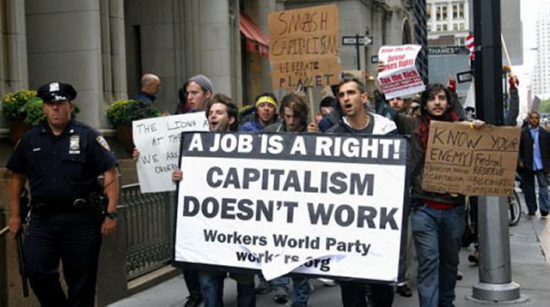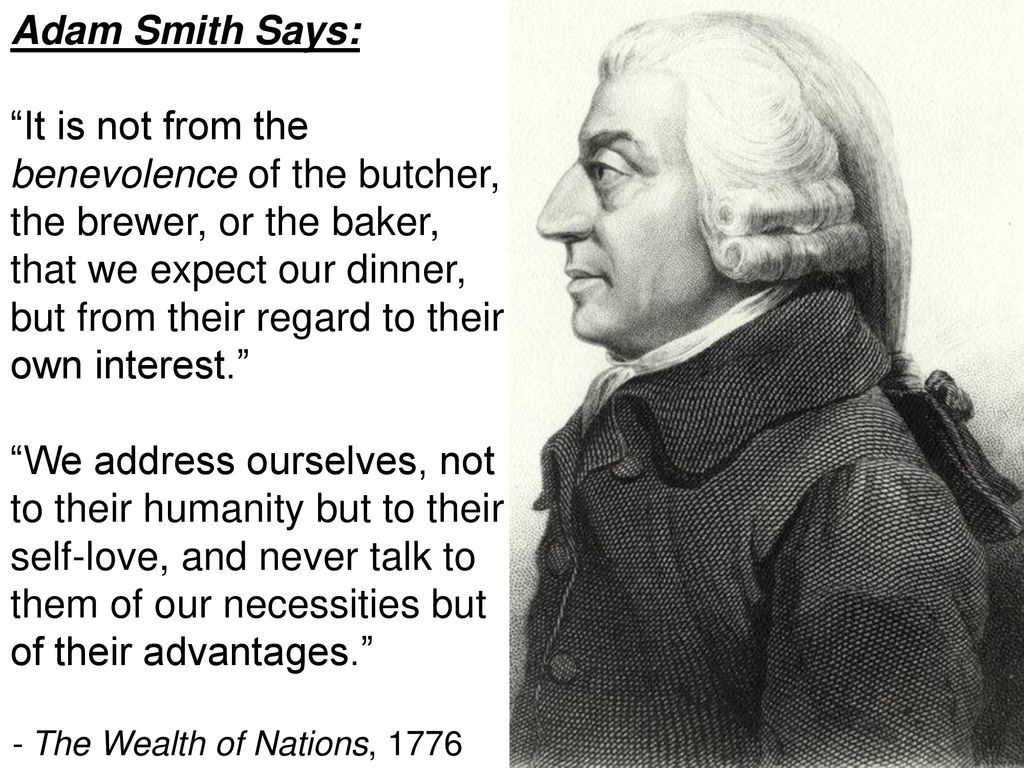Ensuring Equitable Prosperity: A Possible Future or a Distant Dream?
From an optimist’s standpoint, the global economy in general, has made significant strides. There is growing affluence, an increasing number of people have been lifted out of poverty and erstwhile underdeveloped regions are today emerging economies registering robust growth. The GDP for most nations has risen. Yet, at the same time, there is also the prevalence of rising inequality, with the poorest having received little benefit and the middle-class also relatively worse off, beset often by high personal debt.
An oft-heard statement is “the rich are getting richer while the poor are getting poorer.” One can examine this scenario by delving into the most common market structure – capitalism.
The Role of Governments
The market structure that a nation chooses to adopt is primarily envisioned by its government. They are the architects who are the enablers – the authority that lays the groundwork, the regulations and often also the corporations. Shareholder interest is often at the heart of corporations and while this is central to capitalism, this may also be the epicenter that fosters inequality. “Maximized shareholder value” is accorded high priority and the underlying premise it puts forth is that ‘fair’ compensation in accordance with market wage levels is incentive enough for workers to extend their services to a particular organization. However, is there depth to this justification?
If the scenario in the American economy is anything to go by, the outcome may well be to the contrary. US businesses are faced with declining productivity and falling employee engagement, coupled with stagnant wages and declining employee participation. Evidently, there is a significant gap between what is regarded as ‘fair’ versus what is desired. On the other end of the spectrum though, compensation packages for senior executives have ballooned. While it may seem justified that they are the top talent steering their companies, frontline workers are definitely assets to an organization too. At this point perhaps, the government could wield its influence and examine the facets that lead to inequality in the first place. Steven K. Vogel, Professor of Political Science, University of California Berkeley, says, “Governments can craft markets to promote whatever policy goals they choose, including progressive goals such as economic equality or environmental protection.”

Transparency Must be Advocated
A US lawmaker recently suggested that governments could accommodate for wider worker participation in corporations, allowing them a stronger voice. In addition, the lawmaker also suggested lobbying financial institutions to deliver better value for the US economy and called for a shift in the power balance between employers and employees. The outcome, it is suggested, would stoke the economy.
In simpler terms, the government could advocate for greater transparency. The Securities and Exchange Commission or its equivalent, for instance, could mandate that corporations must furnish annual reports and highlight what share of profits have been disbursed to both top level executives and frontline workers. However, these are radical changes and while implementation will be gradual, ideas aligning towards conscious or cooperative capitalism must be sown.
Conscious Capitalism
Vogel’s stance highlighting the role that governments can play in shaping markets and capitalism is credible. It certainly draws on keen observation, but what is perhaps overlooked is how deeply intertwined the concepts of capitalism and globalization are. If for instance, a US-based organization is in disagreement with certain regulatory requirements, then with all things being equal, there is always the option of choosing to relocate one’s place of business in an increasingly globalized world. Case in point being flourishing tax havens.
So then, what is the logical route to circumventing these obstacles? A brief journey back in time could well shed light on how this problem of growing inequality can be taken by the horns. Adam Smith, an 18th century economist from Scotland observed, ”It is not from the benevolence of the butcher, the brewer, or the baker that we expect our dinner, but from their regard to their own interest” – meaning humans are motivated first by the desire to serve their own self-interest. He also understood that ‘our own wealth and happiness depends on the wealth and happiness of others.’ Together, these thoughts could form the basis for conscious capitalism where in the course of serving one’s own interests, individuals are also conditioned to accord priority to the interests of others. It will perhaps have to be a philosophy that is practiced on all levels – one that could begin in classrooms worldwide.
Conscious capitalism holds promise in reducing economic inequality. A Harvard Business School study concluded that firms prioritizing stakeholder (employees) engagement rather than shareholders alone, are delivering better stock market results than firms that do not. Such organizations have been found to be more popular among customers and their employees are known to enjoy higher contentment, leading to the achievement of a shared corporate mission.

Prospering Ahead
As the discussion over socio-economic inequality gains ground, what is clear is the fact that a more evolved form of capitalism must prevail. A strictly socialist or communist structure did not prove effective in ensuring equitable distribution of wealth – rather they ascertained equitable distribution of poverty as was the case in China some 50 years ago.
Adam Smith once again comes to mind because he put it rather succinctly when he said, “All for ourselves and nothing for other people, seems, in every age of the world, to have been the vile maxim of the masters of mankind.”



